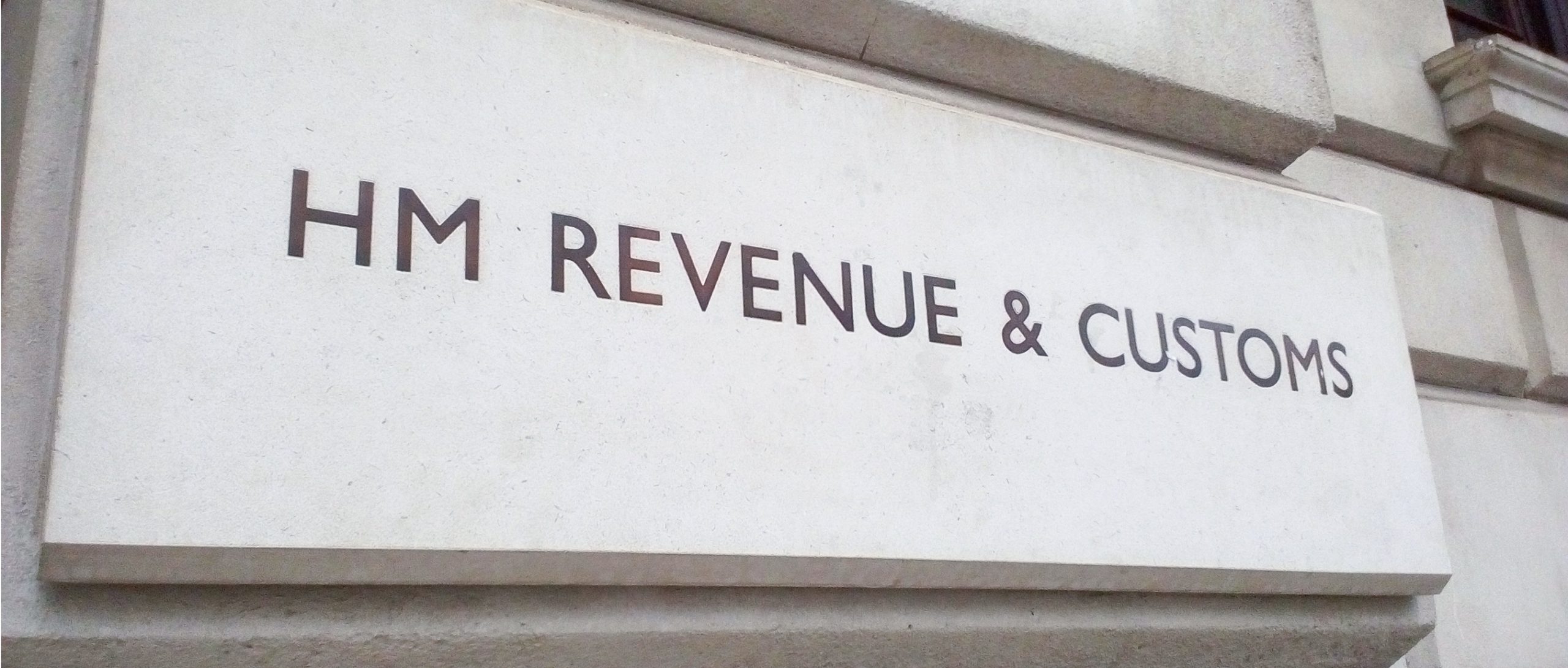A successor to the furlough scheme was much anticipated by many. It has been announced that the Job Support Scheme will immediately after the current flexible furlough scheme ends. The Treasury has not disappointed, or has it?
The new Job Support Scheme will commence on 1 November 2020 and will run for 6 months. A policy statement has been made and some policy documents have been published. The full details of the new Scheme are not yet known and are expected to follow soon.
In summary, the new Job Support Scheme will have the purpose, the hint is in the name, of saving the jobs and preventing redundancies if the business is viable.
It has been expressly stated that the employee must not be on notice of redundancy under the new Scheme and the Scheme payments cannot be used to pay notice. It remains unclear whether redundancy consultation within the claim period will be acceptable.
Under the Scheme, the employee must work at least 33% of the usual hours. The employer will pay the usual contractual rate for the hours actually worked. The payment for the hours not worked will be split between the government and the employer. The table below published in the government factsheet succinctly summarises the contributions of the employer, the employee and the government:
| Hours Employee Worked | 33% | 40% | 50% | 60% | 70% |
| Hours Employee Not Working | 67% | 60% | 50% | 40% | 30% |
| Employee Earnings (% of normal) | 78% | 80% | 83% | 87% | 90% |
| Government Grant (% of normal wages) | 22% | 20% | 17% | 13% | 10% |
| Employer Cost (% of normal wages) | 55% | 60% | 67% | 73% | 80% |
Some will comment that a typical employer will find little incentive to save a job if having to pay 55% of normal wages for 33% of normal hours worked.
The grant from the government will be capped at £697.92 per month. The pension and NI contributions will not be subsidised, the employer will have to meet this cost.
As it stands, to make a claim under the new Scheme it is not necessary for either the employee to have been previously furloughed or for the employer to have claimed under the furlough scheme.
The employee had to be on the PAYE on or before 23 September 2020. It is expected that employees will be defined similarly to the furlough regulations.
The employee will have to agree to work reduced hours. The employer will have to confirm the agreement in writing.

Need help with keeping on track with FCA Regulation and Compliance? Partner with Automotive Compliance
Large businesses will have to pass a viability test, the details to be announced. Small and medium enterprises are apparently presumed viable, they will be exempt from the test. What counts as a large business is not yet known. In previous coronavirus legislation relating to statutory sick pay, small and medium size employers were defined as those with fewer than 250 employees.
The new grant will only be paid in arrears, to be used exclusively for reimbursement of wage cost, and cannot be claimed in advance. The HMRC intends to notify employees directly of full details of their employer’s claim under the new Scheme.
Last Friday, 9 October 2020, the Chancellor announced an extension to the Job Support Scheme with much higher level of support for business required to shut down premises due to the coronavirus. A summary of key details and a fact sheet concerning the extension were published on the government website and already updated on Monday.
The expansion provides that if a business is put into lockdown and is directed to close its premises, the government will pay 2/3 of the normal pay, up to the cap of £2,100, for each eligible employee. The business will not have to contribute towards the wages but will have to pay the NI and pension contributions.
This grant will be available in case of either local or national business closures implemented by the government. Businesses advised to close premises by the local authorities will not be eligible for the grant.
Interestingly, the grant is stated to be available to businesses which are required to provide only delivery and collection services from their premises. We are awaiting further details but this statement would suggest that car dealerships which will continue trading with closed show rooms and will switch to taking customer orders distantly, as many did during the lockdown in March, may still claim the wage cost under the expanded Scheme.
Eligible employees must be employed, not made redundant and not on notice of redundancy, and an RTI notification for them on the PAYE system must be made on or before 23 September 2020.
Employees must be furloughed for a minimum of 7 consecutive days.
The grant will be paid monthly in arrears. The expanded Scheme will operate for 6 months from 1 November 2020.








